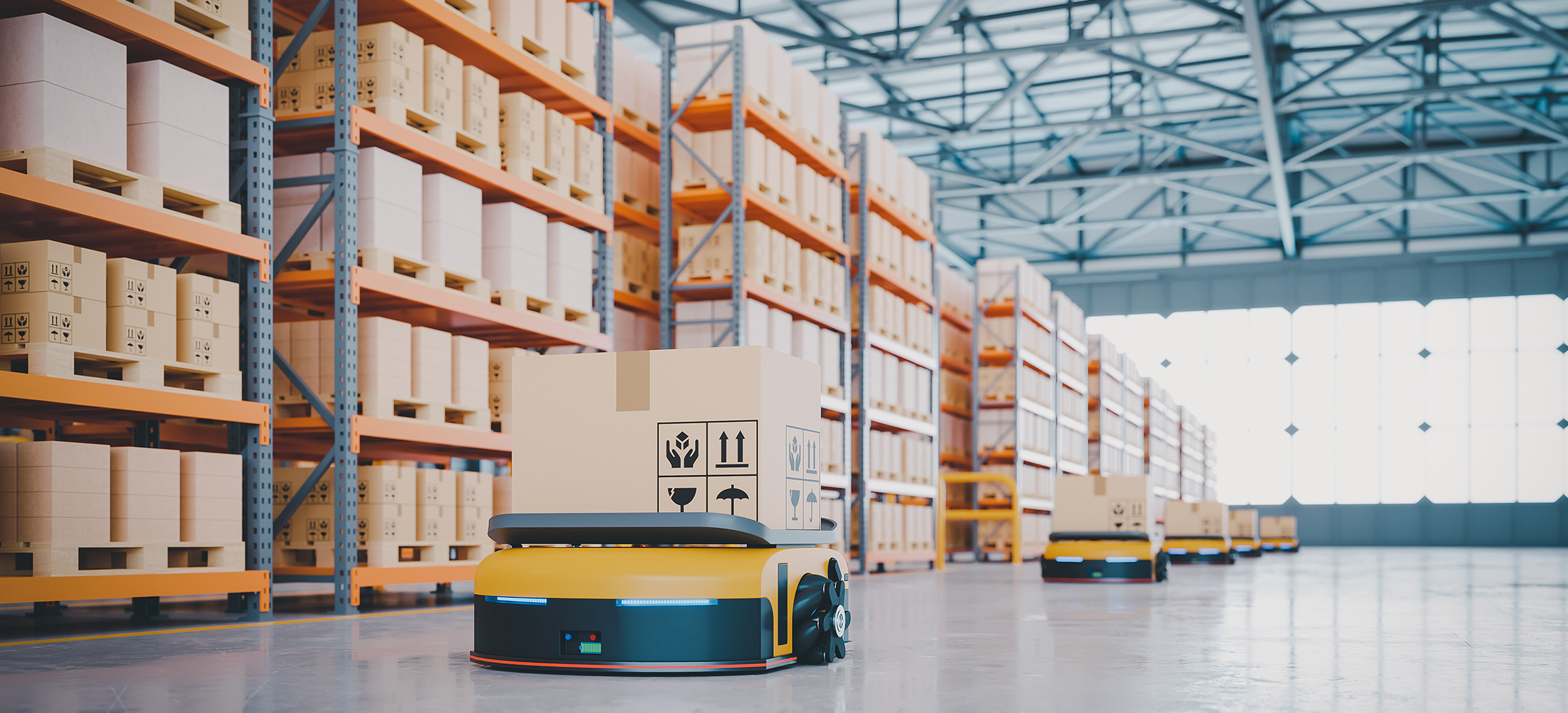Freight forwarders play a crucial role in the global shipping industry, acting as intermediaries between shippers and various transportation services. They offer a range of services that simplify and optimize the logistics of transporting goods. Here’s an in-depth look at the role of freight forwarders in modern shipping:
1.Coordination and Management of Shipments
End-to-End Logistics:
Freight forwarders arrange the most efficient routes for shipments, often combining sea, air, rail, and road transport.
Scheduling: They manage schedules to ensure timely delivery, coordinating between different carriers and modes of transport.
Documentation and Compliance:
Freight forwarders handle all necessary customs paperwork, ensuring compliance with international regulations.
Export/Import Documentation: They prepare and process required documents such as bills of lading, commercial invoices, and certificates of origin.
2.Cost Efficiency and Optimisation
Negotiating Rates:
Due to their volume of shipments, freight forwarders can negotiate better rates with carriers than individual shippers. These negotiated rates translate into cost savings for shippers.
Freight forwarders use their expertise to select the most cost-effective and efficient routes for shipping. By choosing optimal routes and reliable carriers, they help minimise transit times and delays.
3.Customs Clearance and Regulatory Compliance
Customs Brokerage Services:
Freight forwarders facilitate the customs clearance process, ensuring all regulatory requirements are met. They calculate and handle the payment of duties, taxes, and tariffs, preventing delays at borders.
Freight forwarders stay updated on changing international trade regulations and ensure compliance to avoid legal issues.
Documentation Accuracy: They ensure all documentation is accurate and complete, reducing the risk of fines and shipment holds.
4.Risk Management and Insurance
Freight forwarders offer various cargo insurance options to protect shipments against potential losses or damages. They assist with the claims process in case of any damage or loss, ensuring a smoother resolution.
Freight forwarders develop contingency plans to address potential disruptions in the supply chain. Real-time tracking and monitoring of shipments help mitigate risks by providing visibility and enabling quick response to issues.
5.Technology and Innovation
Modern freight forwarders use advanced tracking systems to provide real-time updates on the status and location of shipments.
Digital Platforms: They offer digital platforms for shippers to manage and track their shipments, access documentation, and communicate with the forwarder.
Freight forwarders use data analytics to optimise shipping routes, manage inventory, and improve overall efficiency. Predictive analytics help in demand forecasting and inventory planning, reducing the risk of overstocking or stockouts.
6.Specialised Services
Freight forwarders have expertise in handling perishable goods, ensuring proper temperature control and timely delivery. They manage the transportation of hazardous materials, complying with all safety and regulatory requirements.
Freight forwarders specialize in transporting oversized and heavy cargo, often used in industries like construction and oil & gas. They provide customised logistics solutions for complex projects, coordinating multiple stakeholders and transportation modes.
7.Customer Support and Service
Freight forwarders offer round-the-clock customer support to address any issues or queries related to shipments. Many freight forwarders provide dedicated account managers to handle specific client needs and ensure personalised service.
They act as a single point of contact to resolve any problems that arise during the shipping process. Effective communication between shippers, carriers, and consignees is facilitated by the freight forwarder, ensuring smooth operations.
Freight forwarders play an indispensable role in modern shipping by providing comprehensive logistics solutions, optimising costs, ensuring compliance, and managing risks. Their expertise and technological capabilities streamline the complex process of global trade, allowing shippers to focus on their core business activities. By partnering with a reliable freight forwarder, businesses can enhance their supply chain efficiency, reduce costs, and improve overall customer satisfaction.
If you would like to discuss this further please contact us to arrange a consultation with one of our experts.









